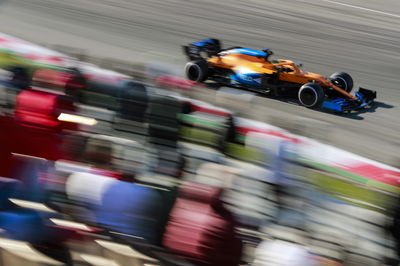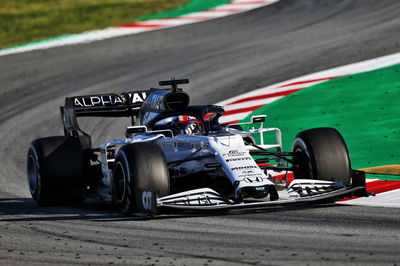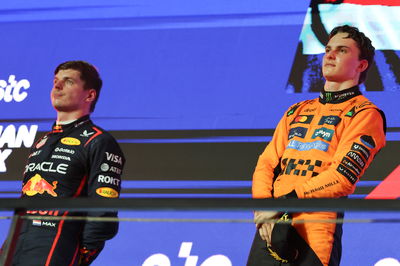F1 teams ‘pushing the boundaries’ with Project Pitlane goal
Formula 1 teams are pushing the boundaries to reach the “stretched goal” of medical devices they hope to manufacture to aid the UK government in its relief effort against coronavirus.
Amid a worldwide shortage of life-saving equipment including ventilators, all seven British F1 teams have responded to a call to arms from the UK government to help develop and produce more.

Formula 1 teams are pushing the boundaries to reach the “stretched goal” of medical devices they hope to manufacture to aid the UK government in its relief effort against coronavirus.
Amid a worldwide shortage of life-saving equipment including ventilators, all seven British F1 teams have responded to a call to arms from the UK government to help develop and produce more.
Mercedes, Red Bull, McLaren, Renault, Racing Point, Haas and Williams are using their UK bases and subsequent technology arms as part of a wider relief effort. On Friday, a statement from F1 announced the ‘Project Pitlane’ scheme and said that the teams involved were making “significant progress” in their response so far.
Speaking to Crash.net, former F1 engineer Mark Gillan - who is now chief technology officer of Innovate UK helping to lead the project - explained the lengths the F1 teams are going to.
“F1 is very metric driven,” Gillan said. “We know what number we are trying to achieve but that’s not a number that we want to publicise because we just want to get on and get it done.
“It’s definitely a stretched goal but if we didn’t think it was possible we wouldn’t be working towards it. That’s just common in F1.
“You are always looking to push the boundaries, which are absolutely being pushed at the moment. But the effort that is being put in, it’s very impressive.”
Project Pitlane is aiming to provide assistance in three key “workstreams” of the UK’s industrial response to the coronavirus pandemic.
The seven F1 teams involved are part of a wider consortium working on the push to manufacture more ventilators across the UK, which includes a number of engineering firms and carmakers.
“There’s a wide range of consortium across the UK working on this, which I have to acknowledge is absolutely fantastic too,” Gillan added.
“Each is working on their individual strands and indeed in the Project Pitlane, they are engaged with some of the other consortium through some of the other devices - so it’s a real team effort across the UK.
"We need to hit our numbers and it's a sum of all of the consortiums together that is going to help achieve the requirement.
"The teams are world class in this area, there are working closely with technicians and a wider support network, so we are leaning on expertise that would be outside of the typical F1 environment and there’s no stones being left unturned to push this forward.
“Everybody is doing what they are expert in and on the Project Pitlane side it’s then the co-ordination aspect of that activity.
“So if we maybe have gaps we fill those gaps as quickly as possible and manage the resource accordingly across those three strands that we are working on.”












